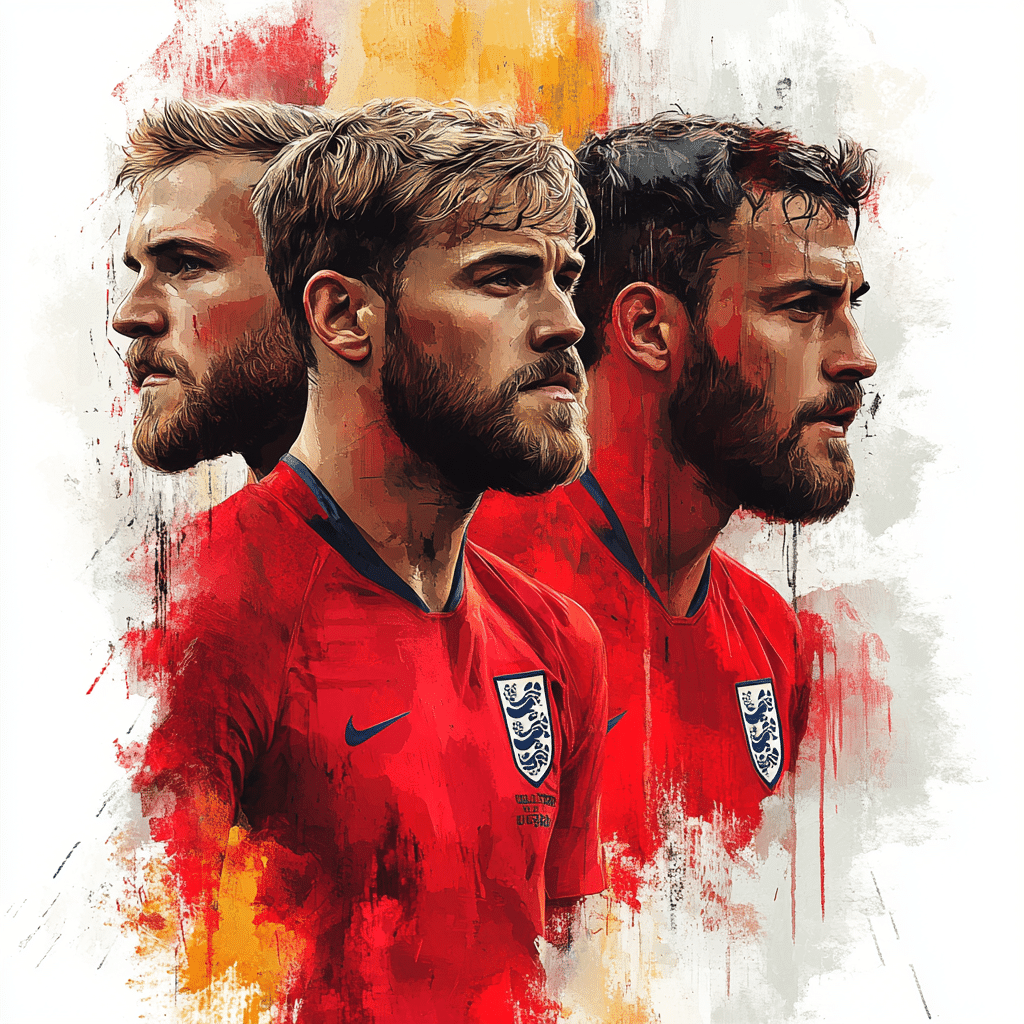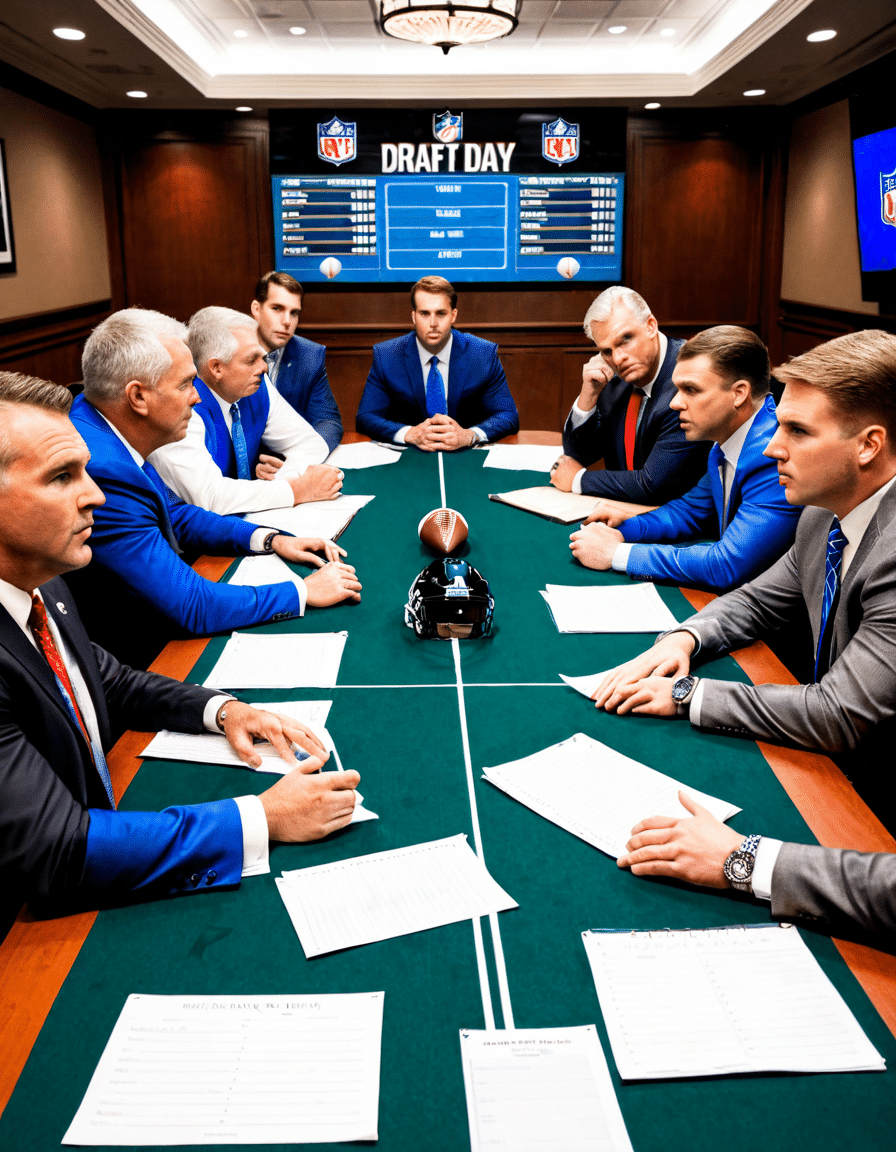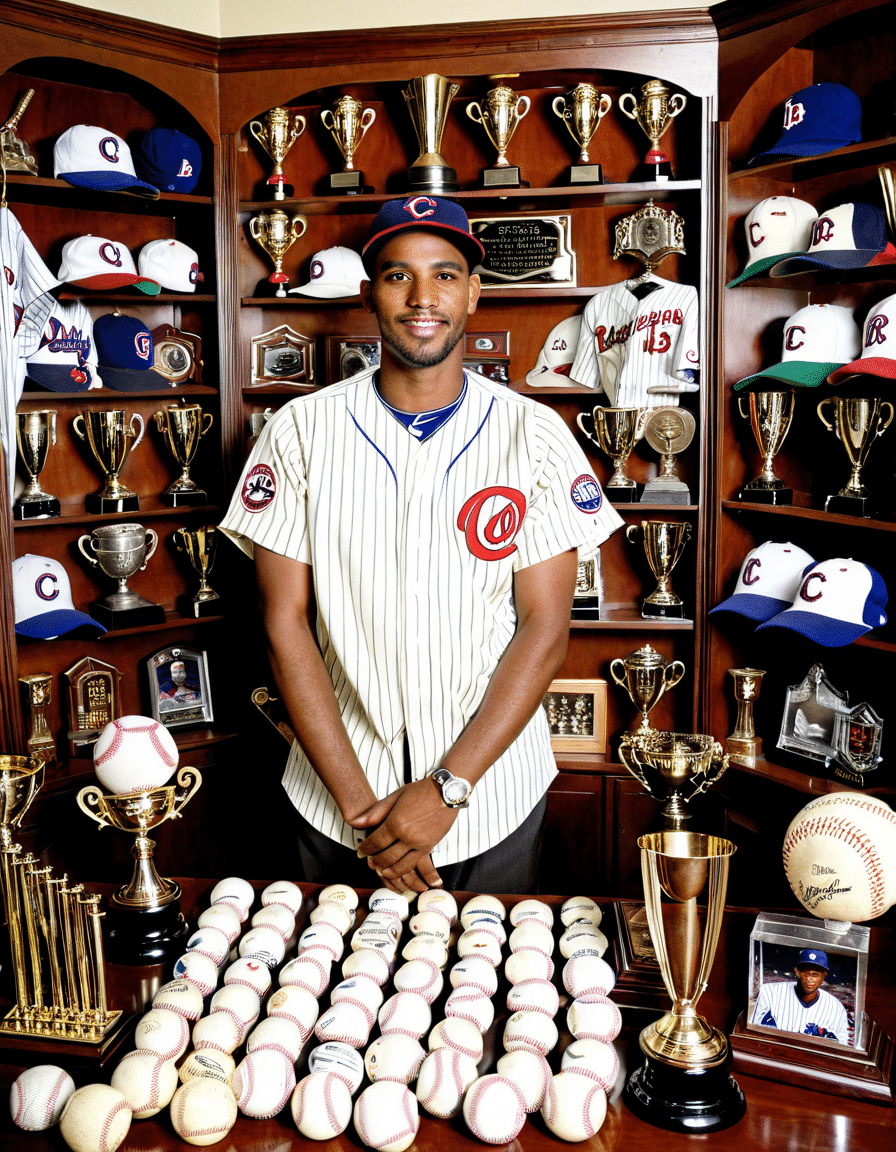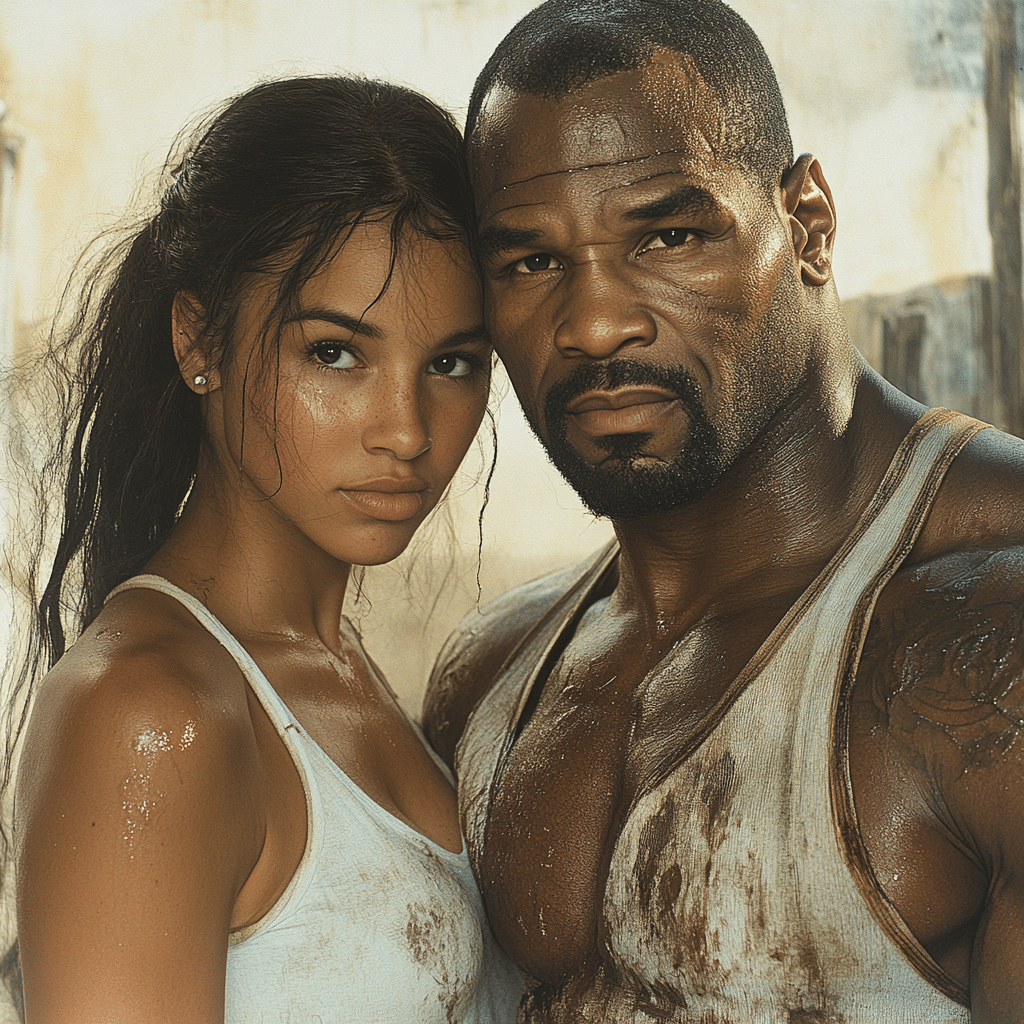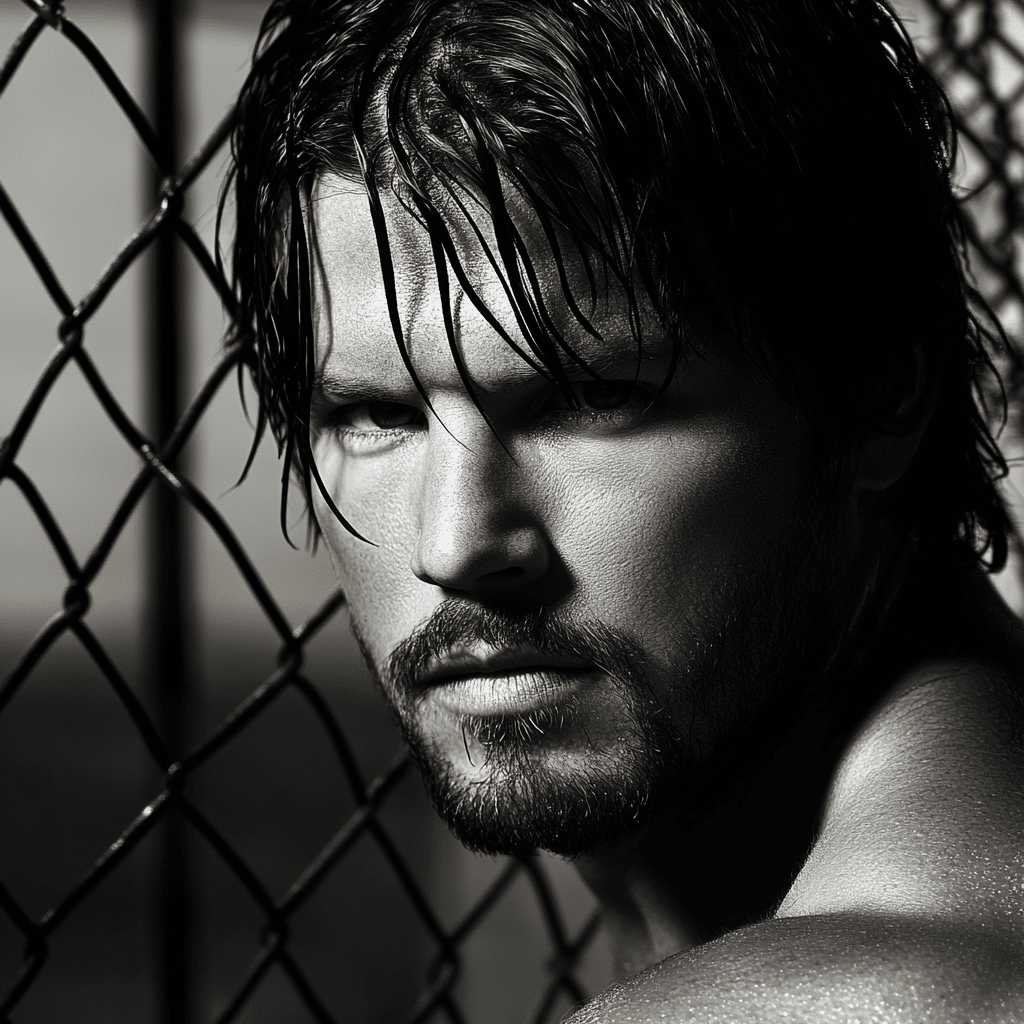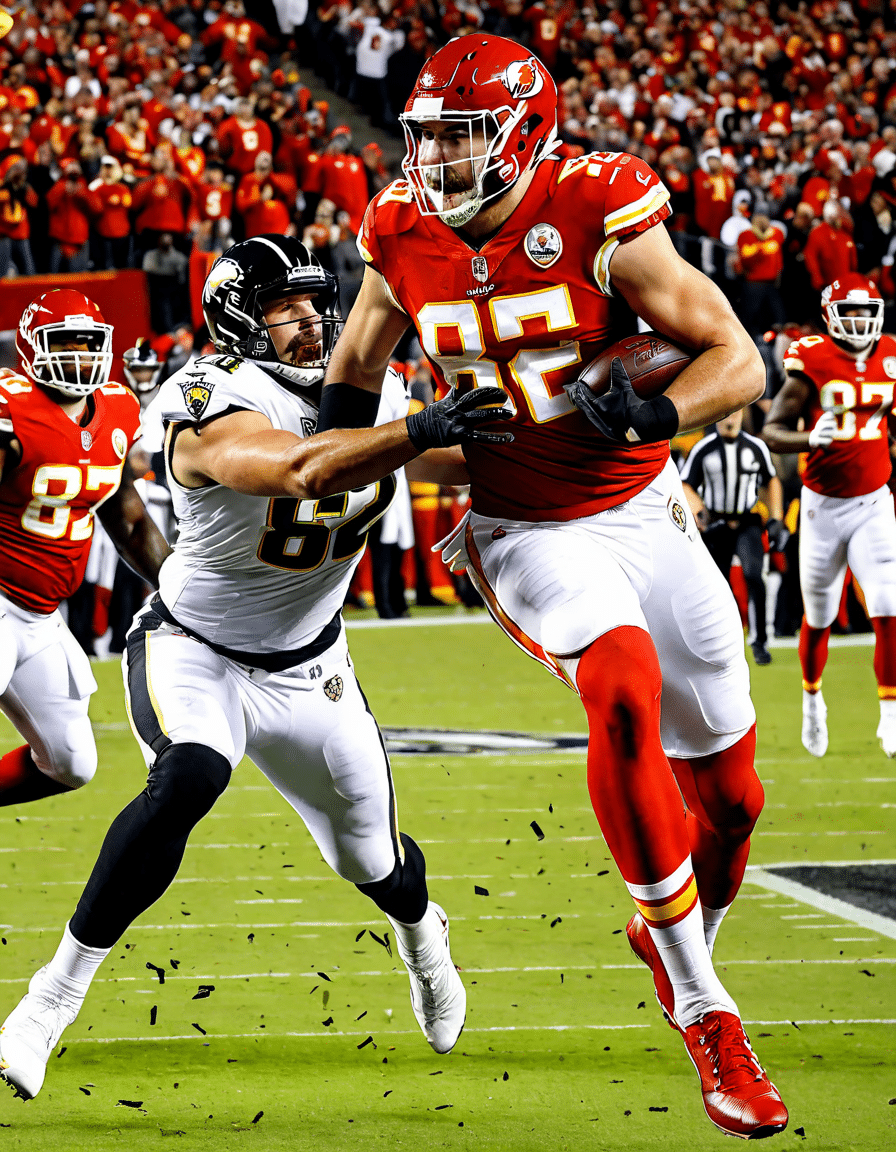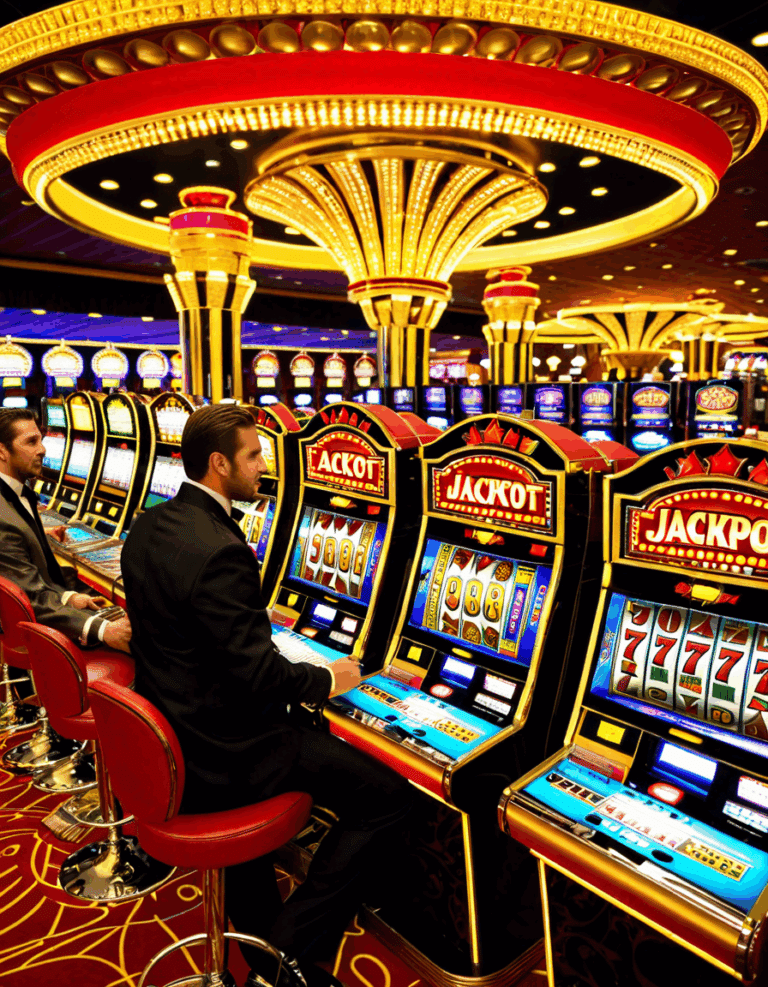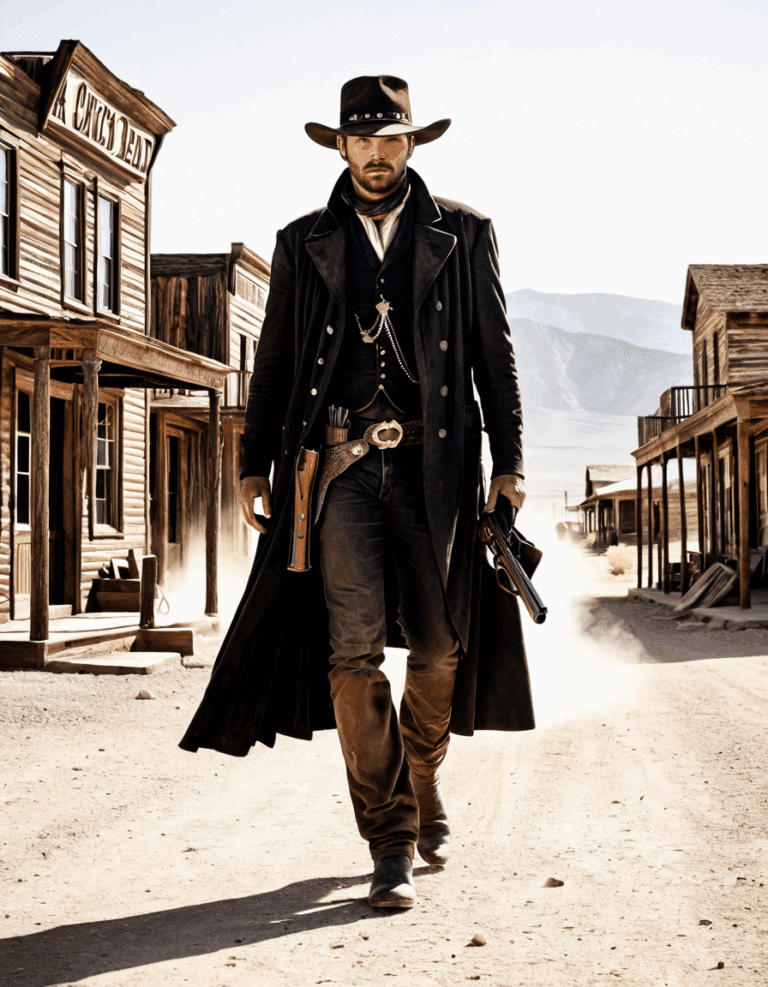James Hunt, a name that sparks excitement and admiration in the world of motorsports, is synonymous with speed, charisma, and a touch of rebellion. During the 1970s, Hunt emerged as one of the most captivating figures in Formula 1 racing, steering his way into the hearts of fans and leaving a legacy that endures to this day. With a wealthy background to cushion his dashing adventures, Hunt wasn’t a typical driver bent on mechanical precision. Nope, his passion stemmed from a pure love of fast cars and the adrenaline that comes with them. This unconventional path set the stage for a vibrant career characterized by not just incredible talent, but an uncanny ability to engage the public and create stories that people loved to follow.

The Rise of James Hunt: An Unconventional Path to Glory
Let’s rewind a bit! James Hunt didn’t stroll into the world of F1 like it was a walk in the park. No, he lit up the scene with a rebellious flair. Picture this: Hunt was a wild child, swooping into races not just with speed but with a lifestyle that was dripping in glamor and excitement. While his peers tinkered with engines and numbers, Hunt pulled faces, cracked jokes, and threw wild parties—a real F1 party boy! It’s this spirit that fueled his rise, making him one of the most talked-about figures in the racing circuit.
When you think about Hunt’s journey, remember that speed wasn’t his only selling point. He surged into the limelight, not just for his breathtaking laps, but for his knack for drawing attention. Even in a high-octane sport like F1, Hunt’s personality added an irresistible flavor that kept fans coming back for more. Whether he was zipping around circuits or mingling at parties, James Hunt was always in the driver’s seat of public interest.
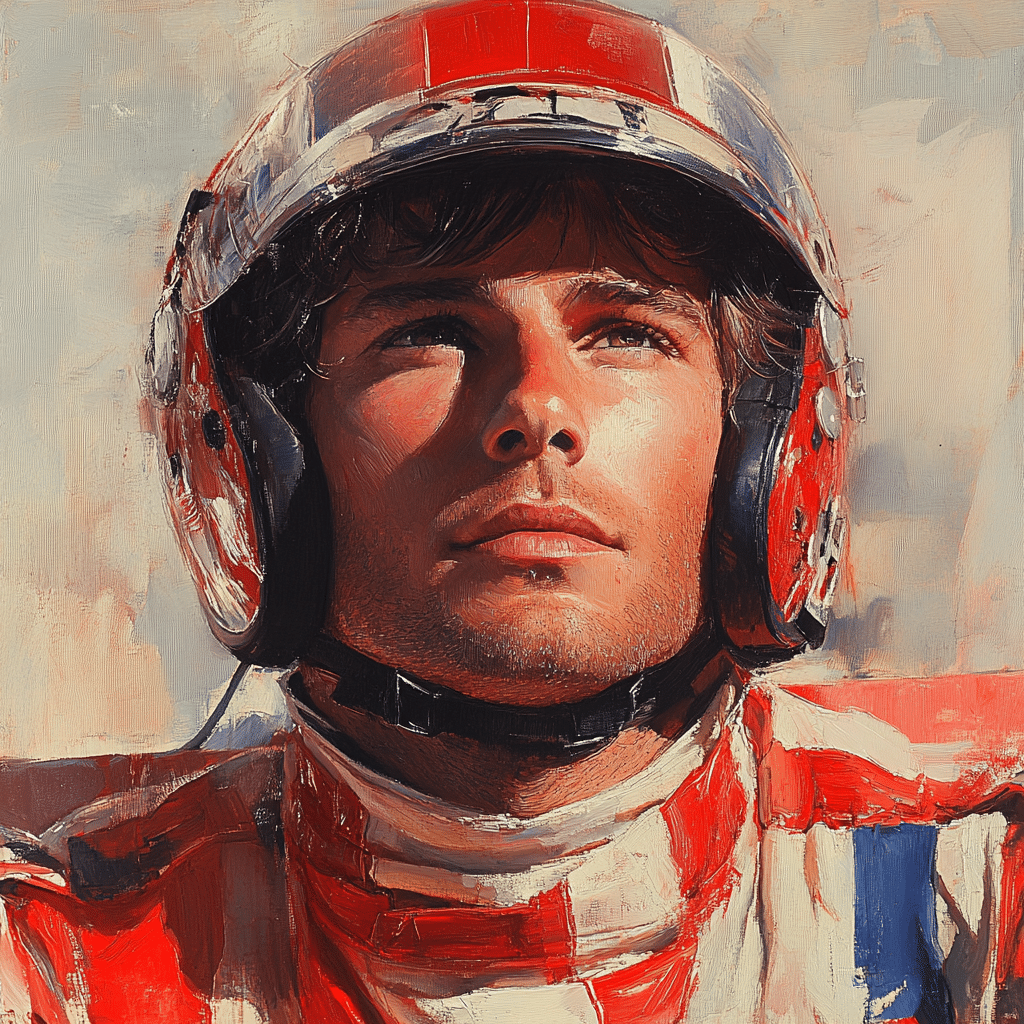
James Hunt vs. Niki Lauda: The Rivalry That Defined an Era
Ah, the epic rivalry between James Hunt and Niki Lauda—now that’s a story that could get your heart racing! These two drivers embodied contrasting philosophies that made their feud legendary. Hunt was the charming rogue, often seen as a daredevil on wheels, while Lauda walked in with a precision that screamed German engineering ethics. In the 1976 season, the stakes hit the roof with tensions running high as Lauda suffered a harrowing crash at the Nürburgring, leading to life-threatening injuries. Just six weeks later, Lauda shocked everyone by returning to racing with scars as proof of his bravery.
This dramatic comeback only intensified their rivalry, creating a tension that captivated fans worldwide. Picture a crowd holding its breath: Lauda, with fresh scars and a respirator, racing against Hunt—who was all flair and swagger. Their contrasting styles and personalities not only pulled viewers to the edge of their seats but also made Formula 1 racing a spectacle rather than just another sport. Hunt’s daring attitude stoked the flames of a rivalry that brought drama and intrigue to every race and turned the 1976 season into a cinematic battle of titans.
When the dust settled, their rivalry became the benchmark for competitive spirit in motorsport. Lauda once shared that he respected Hunt immensely and even envied him, creating a bond that blended rivalry with admiration. The legacy of these two drivers reminds us that in the world of racing, it’s more than just speed; it’s the stories and rivalries that weave the fabric of history.
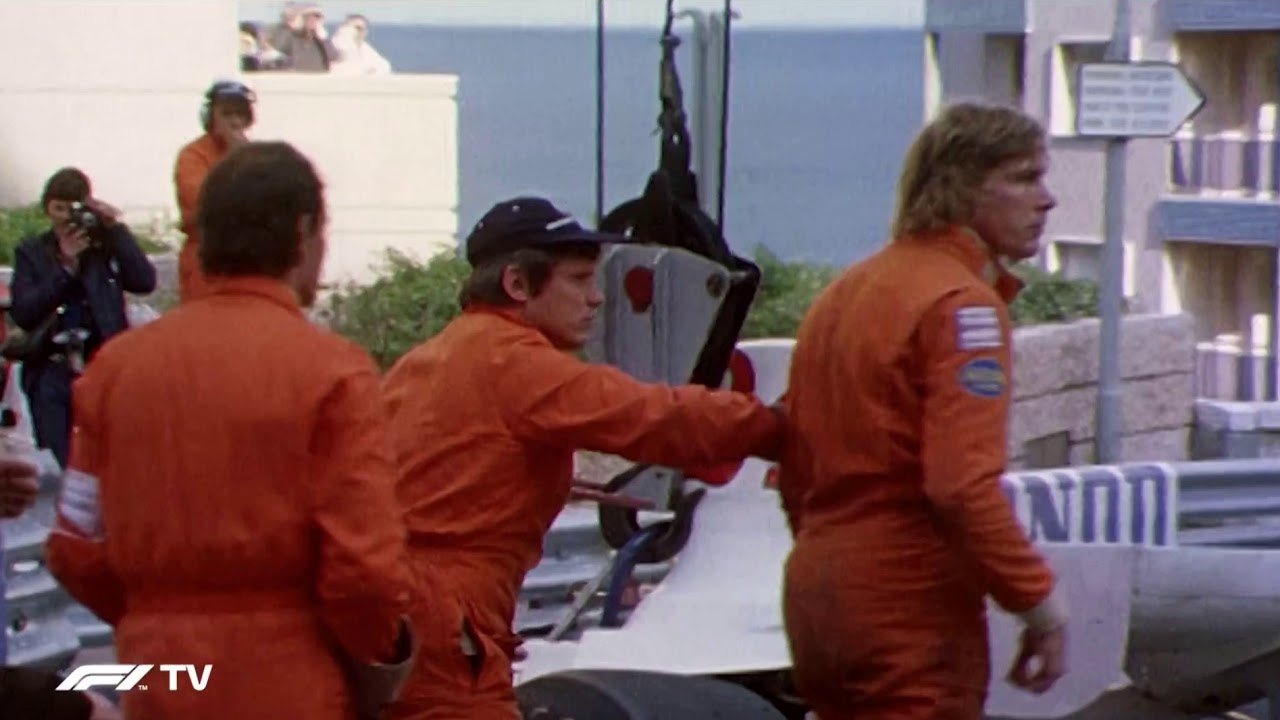
James Hunt’s Legacy in Popular Culture: From Film to Fashion
James Hunt didn’t just rev engines; he ignited interest far beyond the racetrack. His life, one filled with thrill and striking moments, got a new audience thanks to the 2013 film Rush, where Chris Hemsworth nailed the role of Hunt. This cinematic gem not only brought his story back to the forefront, but it also introduced a younger generation to the exhilarating world of Formula 1 racing. The film highlighted that adrenaline-pumping rivalry with Lauda while giving audiences a peek into Hunt’s flamboyant lifestyle that made him a style icon.
And speaking of style, can we talk about how Hunt influenced 1970s fashion? With his unapologetic flair, this racing legend left a mark on more than just motorsports. His daring demeanor and distinctive style echoed in various cultural arenas, inspiring people like actors and public figures. The echoes of Hunt’s style can be seen in the fashion choices of stars today, not to mention his ripples in the arts. Hunt’s persona became a reference point for various personalities, including Ewan Mitchell and Rossif Sutherland, who drew inspiration from Hunt’s rebellious nature.
Hunt’s impact, as it turned out, wasn’t just on the track—it spilled over into pop culture, re-energizing interest in both racing and the spirited fashion of the era. With a life so vivid, it’s no wonder that his story is one for the ages. Want to know more about how Hollywood reflects real-life legends? Rush does an amazing job, proving that sometimes, life truly is stranger than fiction!
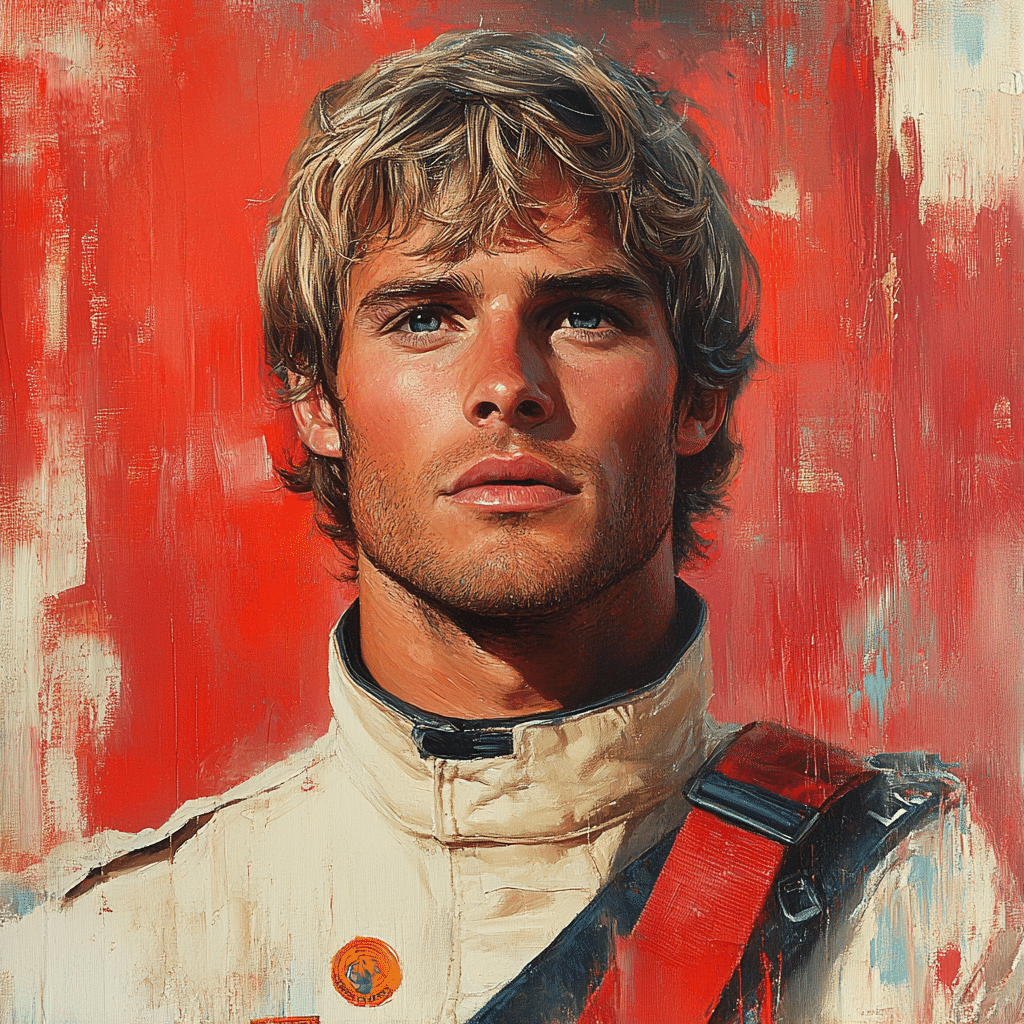
The Influence of James Hunt’s Personality: A Study in Charisma
Hunt’s charm wasn’t just an accessory; it was his secret weapon. The public was not only drawn to his racing skills, but his magnetic personality made him a fan favorite. Through the eyes of sports analysts like Thomas Kingston and Douglas Murray, we see how Hunt transcended the typical racing driver image. He brought laughter, honesty, and charisma to Formula 1, making the sport feel accessible rather than exclusive. His banter often lightened the mood in a field known for its competitiveness.
This charisma wasn’t lost on the critics. Hunt transformed the cultural dynamic around motorsports, inviting more fans than ever to join in on the excitement. He made motorsport chatty and exciting. Even folks who weren’t die-hard F1 fans found themselves captivated by Hunt’s escapades both on and off the track. His ability to make the sport relatable was a game-changer, and it opened the door for many aspiring racers who sought not only to compete but to engage—just like Hunt did.
Moreover, Hunt’s life served as a reminder that behind every champion lies a compelling story. Whether he was laughing amidst the chaos of the pit or reflecting on his journey, Hunt’s presence made Formula 1 an exhilarating spectacle. His laughter and lightheartedness made the high-speed world of motorsport feel like a friendly chat on a sunny afternoon.

Iconic Moments in James Hunt’s Career: A Timeline
Let’s take a moment to stroll down memory lane and highlight some of Hunt’s most iconic moments that made him a legend in the racing world:
Each of these moments represents the electrifying energy that Hunt brought to Formula 1, proving that he was more than just a driver; he was a performer enthralling fans with every rev of the engine. His determination and flair set the bar high for those who followed in his tire-tracks.
Beyond the Track: James Hunt in Life After Racing
After hanging up his racing gloves, Hunt didn’t disappear into the shadows. Instead, he transitioned seamlessly into a new role as a television commentator. His wit and straightforward approach on the BBC captivated fans, shedding light on the exciting, often intense world of motorsports. As a columnist for The Independent, he shared insights that carried the charm and humor that made him a beloved figure.
Interestingly, Hunt also helped shape the future of racing by mentoring new drivers, including Mika Häkkinen, a two-time World Drivers’ Champion. Much like a seasoned actor guiding a fledgling star, Hunt shared his knowledge with grace and humility. He illuminated the path for upcoming racers, teaching them the ropes with both wisdom and a wink.
Tragically, Hunt’s journey came to an abrupt end when he passed away from a heart attack at the young age of 45, leaving fans and friends in shock. Notably, Niki Lauda reflected on their friendship at Hunt’s funeral, stating that he respected and envied him. Their bond transcended rivalry, reminding everyone that at the end of the day, respect and camaraderie are what truly matter.
The Impact of Hunt’s Rivalries and Relationships
Hunt was not just a fierce competitor; he was also a friend and mentor to many. His friendships with figures like John Derek and Colin Bridgerton highlighted the importance of camaraderie in the competitive world of motorsport. These relationships formed the backbone of Hunt’s laid-back yet determined persona.
For Hunt, rivalry was never about animosity; it was about pushing boundaries and redefining excellence. His ability to connect with other racers created a brotherhood where competition inspired individuals to reach for the stars while still maintaining respect for one another. This spirit of brotherhood played a vital role in the success and growth of Formula 1 during his time.
In a high-pressure environment like the racing circuit, Hunt’s friendships provided opportunities for laughter and solace. His stories with friends reflect the ups and downs that shaped his career. Moments shared with colleagues like Alexander Edwards reminds fans that racing isn’t just about individual glory; it’s about a shared journey filled with laughter, rivalry, and mutual support.
Reflections on James Hunt: A Lasting Influence on Formula 1
Fast forward to 2024, and James Hunt remains a legendary figure in the annals of Formula 1. His influence transcends mere statistics and race results; his story embodies the dynamic interplay between personality, rivalry, and racing spirit. Hunt’s life is a testament to the idea that greatness isn’t solely found in trophies but in the stories and relationships forged through challenge and creativity.
Hunt continues to inspire a new generation of racers who roar down the tracks. His narrative compels young contestants to see beyond the finishes and championships. It’s about embracing the highs and lows, the friendships, and the unforgettable moments that color a career.
In racing, Hunt was more than just a name; he was a revolutionary spirit who made each moment count. His legacy inspires fans to cheer, laugh, and live life boldly. As we reflect on Hunt’s influence in Formula 1, it’s evident that the human spirit behind the wheel is what makes it all so irresistibly captivating.
James Hunt: The Legendary F1 Driver and Iconic Rival
A Life on the Fast Track
James Hunt was not just any Formula 1 driver; he was a phenomenon. Renowned for his flamboyant personality and reckless driving style, he became a symbol of the sport in the 1970s. Born in 1947, Hunt’s rise to fame was meteoric, especially after winning the World Championship in 1976. His rivalry with Niki Lauda, which inspired the film “Rush,” captured the hearts of fans worldwide, shedding light on the intense emotions behind the sport. Did you know that Hunt once dabbled in the world of journalism? In a career twist that might surprise you, he wrote columns for various magazines, infusing them with his distinctive flair. By the end of his career, Hunt had established a legacy that would draw comparisons to other famous sports figures, much like Antonio Gates in the NFL who also carries an iconic status in his sport.
Wild Side of Racing
Off the track, Hunt’s lifestyle was as thrilling as his racing. He was known for his party-loving antics, often seen celebrating with the rich and famous. Interestingly, his wild reputation was no fluke, as he frequently reveled in the nightlife, making friends with various celebrities. During his hay days, Hunt reportedly had a penchant for driving fast cars to glamorous events, similar to how pretty Ricky lived life in the spotlight. Moreover, he was an avid fan of eclectic pastimes, even once claiming he would have been a pirate in another life! His personality and charm drew fans and critics alike, reminiscent of how Jenna Ortega’s rising fame captivates audiences today.
Unseen Aspects of a Legend
In some ways, Hunt’s life was a tapestry woven with thrilling highs and staggering lows. While gazing into the challenges he faced, it’s worth noting that not all his ventures were in racing. His later years included television commentary, where he would share his insights on the sport. He could even steer conversations toward enigmatic topics, much like discussing the infamous D.B. Cooper case. Plus, Hunt wasn’t afraid to engage with his followers, often sharing snippets of his life before social media was a thing—imagine the kind of Twitter following someone like Maggie Haberman would’ve had in Hunt’s era! Though he was an incredibly polarizing figure, his undeniable charm and charisma kept fans on their toes, forever ensuring his place in the pantheon of motorsport legends.
In the end, James Hunt remains an encapsulation of a life lived in the fast lane—full of passion, rivalry, and unforgettable moments that continue to stir conversations today.
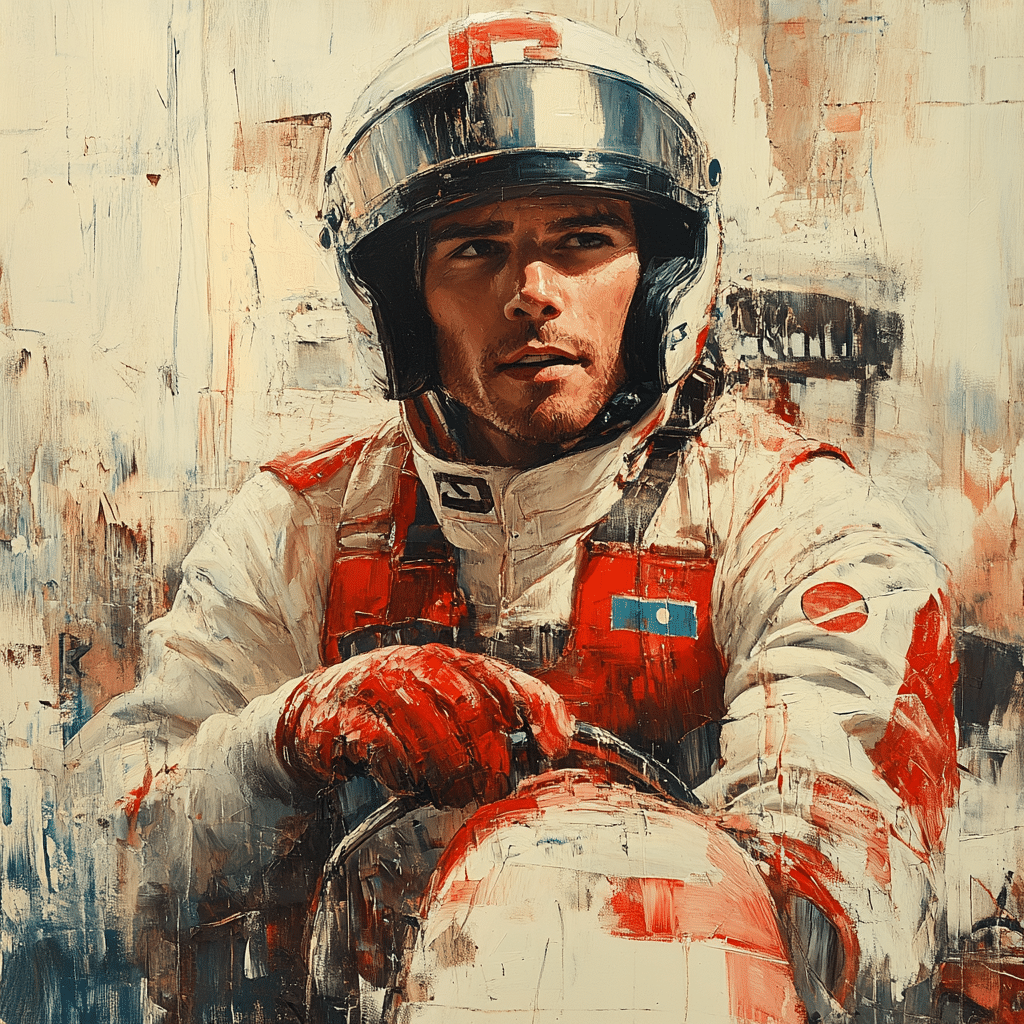
What caused James Hunt’s death?
James Hunt died of a heart attack at his home in Wimbledon when he was just 45 years old.
Why did James Hunt quit F1?
James Hunt quit F1 in mid-1979 after losing his enthusiasm following the tragic death of his friend Ronnie Peterson and feeling uncompetitive and depressed.
Did Niki Lauda go to James Hunt’s funeral?
Niki Lauda did go to James Hunt’s funeral and spoke fondly of him, calling him one of the few people he respected and envied.
Were Niki Lauda and James Hunt friends?
Yes, Niki Lauda and James Hunt were friends, despite their famous rivalry, and had a mutual respect for each other.
Did James Hunt vomit before every race?
It’s said that James Hunt would sometimes vomit before races due to the stress and pressure of competition.
Was James Hunt poor when he died?
At the time of his death, James Hunt was not poor; he had made a considerable amount of money during his racing career.
Was James Hunt a smoker?
James Hunt was indeed a smoker, and his habit was well-known among fans and fellow racers.
Why did Bobby Isaac quit racing?
Bobby Isaac quit racing mainly due to personal reasons, including the pressures of the sport and a desire to spend more time with his family.
Did James Hunt ever win the world championship?
Yes, James Hunt won the world championship in 1976, and it was a thrilling, legendary season filled with drama.
Who was more successful, James Hunt or Niki Lauda?
While both James Hunt and Niki Lauda were successful in their own right, many consider Lauda to be more successful due to his multiple world championships and overall consistency.
Why did Niki Lauda leave his wife?
Niki Lauda left his wife in 1991, partly due to the strain of his racing career and the pressures of their family life.
Who is the greatest F1 driver of all time?
Opinions on who the greatest F1 driver of all time is can vary widely, but names like Michael Schumacher, Ayrton Senna, and Lewis Hamilton often come up in that conversation.
How accurate was the movie Rush?
The movie “Rush” is generally considered to be quite accurate in portraying the rivalry between Hunt and Lauda, though some dramatic liberties were taken for cinematic effect.
Was Niki Lauda Religious?
Niki Lauda was not particularly religious, and he often spoke about his pragmatic approach to life and struggles, rather than expressing deep religious beliefs.
Did Niki Lauda have a lung transplant?
Yes, Niki Lauda underwent a lung transplant in 1997 due to complications from his smoking habit and previous injuries from his racing accidents.

